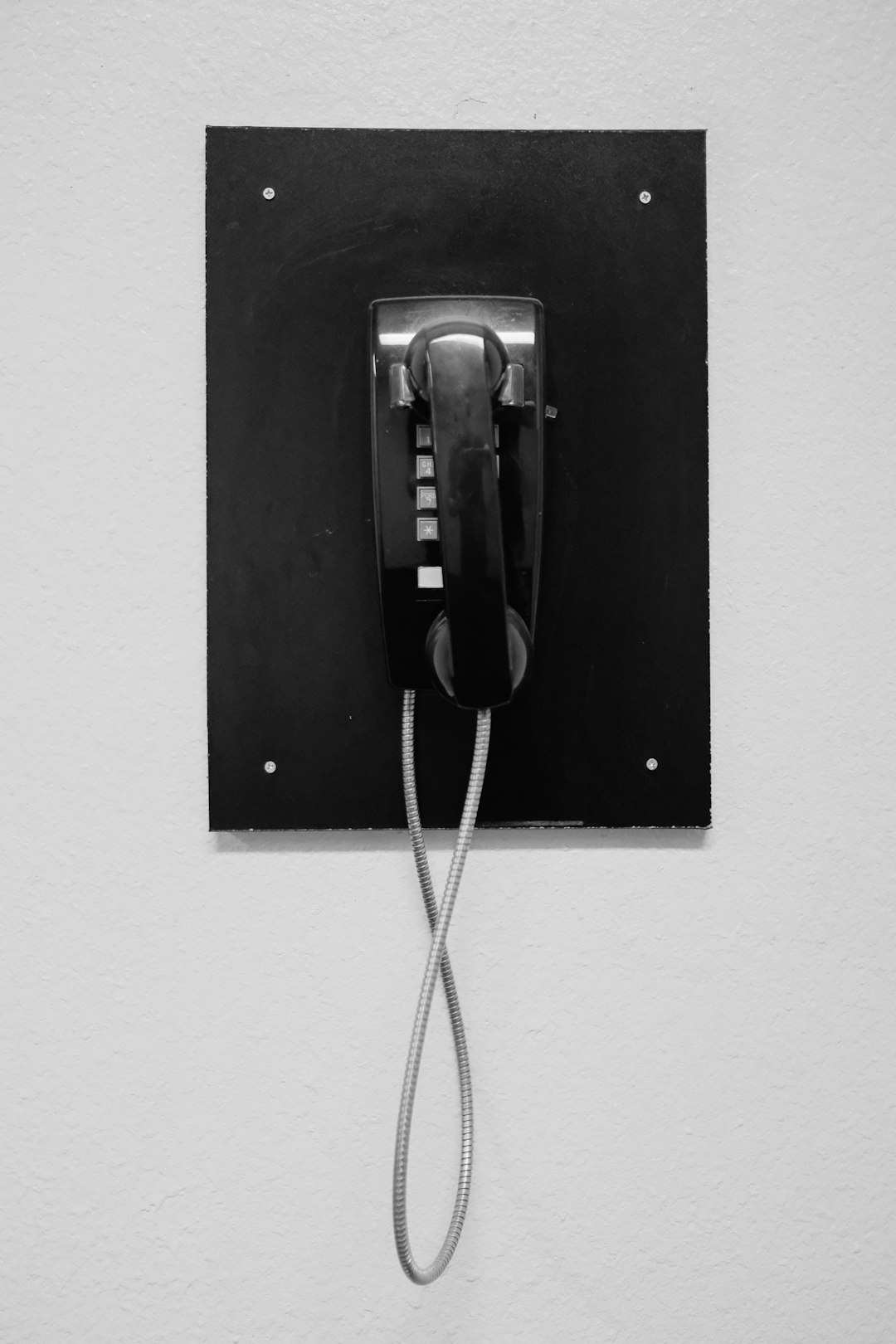In New Mexico, consumers are protected by the Fair Debt Collection Practices Act (FDCPA), which provides powerful rights to stop abusive collection practices, especially from do-not-call law firms. When receiving a collection notice, residents can demand validation of the debt within 30 days, requiring collectors to prove its legitimacy and detail the amount owed. This process empowers consumers to manage their finances effectively, protect against errors or fraudulent claims, and avoid unwanted communication from law firms.
“In New Mexico, consumers have powerful rights when faced with debt collection practices under the Fair Debt Collection Practices Act (FDCPA). This article guides you through the state’s unique debt validation laws and equips you with knowledge about your rights.
Learn how to navigate the process of debt validation, understand your legal standing, and take proactive steps to protect yourself from aggressive or unfair collection methods. By understanding your FDCPA-backed rights in New Mexico, you can confidently challenge debts and maintain financial peace.”
Understanding New Mexico's Debt Validation Laws Under FDCPA

In New Mexico, consumers have specific rights under the Fair Debt Collection Practices Act (FDCPA) when it comes to debt validation. The FDCPA is a federal law designed to protect individuals from abusive, unfair, or deceptive practices by debt collectors. When a consumer in New Mexico receives a collection notice, they are entitled to demand verification of the debt and have the collector prove that the debt is legitimate. This process ensures that consumers aren’t burdened by false or inaccurate claims from collection agencies, often targeting them with phone calls (do not call law firms) or other harassment.
Understanding these validation rights is crucial for New Mexico residents facing debt collection. Upon receiving a collection notice, consumers can send a written request for validation, typically including a demand to cease communication until the debt’s authenticity is confirmed. The collector must then provide detailed information about the debt, such as the amount owed, the original creditor, and the date of the last payment. This empowers New Mexico residents to take control of their financial situation and protect themselves from potential errors or fraudulent activity.
What Are Your Rights When Dealings With Debt Collectors in New Mexico?

When facing debt collection efforts in New Mexico, consumers have specific rights protected by the Fair Debt Collection Practices Act (FDCPA). One of the most significant advantages is the right to demand validation from the debt collector. This means that if a collector contacts you regarding a debt, they must provide verification that the debt is indeed yours and summarize the amount owed. Consumers can also request that the collector cease contacting them outside of specific circumstances, such as during certain work hours or if they have already paid the disputed debt.
Furthermore, the FDCPA restricts debt collectors from using abusive, unfair, or deceptive practices when attempting to collect a debt. This includes making false statements, threatening or intimidating behavior, and misrepresenting the legal implications of non-payment. New Mexico residents should be aware of these rights and use them effectively to protect themselves from harassment or incorrect information. Remember, you have the power to demand transparency and fair treatment during debt collection interactions.
Navigating the Process: How to Validate and Challenge Debts in New Mexico

Navigating the debt validation process in New Mexico involves understanding your rights under the Fair Debt Collection Practices Act (FDCPA). If you receive a debt collection notice, you have 30 days to dispute the debt. This means you should immediately reach out to the creditor or debt collector to request validation of the debt. They are legally required to provide specific information, including the amount of the debt, the name of the original creditor, and the date the debt was incurred.
To challenge a debt, you can send a written letter stating your dispute within the 30-day period. This letter should include your account number, the reason for disputing the debt, and any supporting documentation. Once validated, you have additional rights to request further information or negotiate a payment plan. It’s advisable not to contact law firms directly regarding this process; instead, communicate directly with creditors or collectors to ensure your rights are protected under New Mexico’s consumer protection laws.






